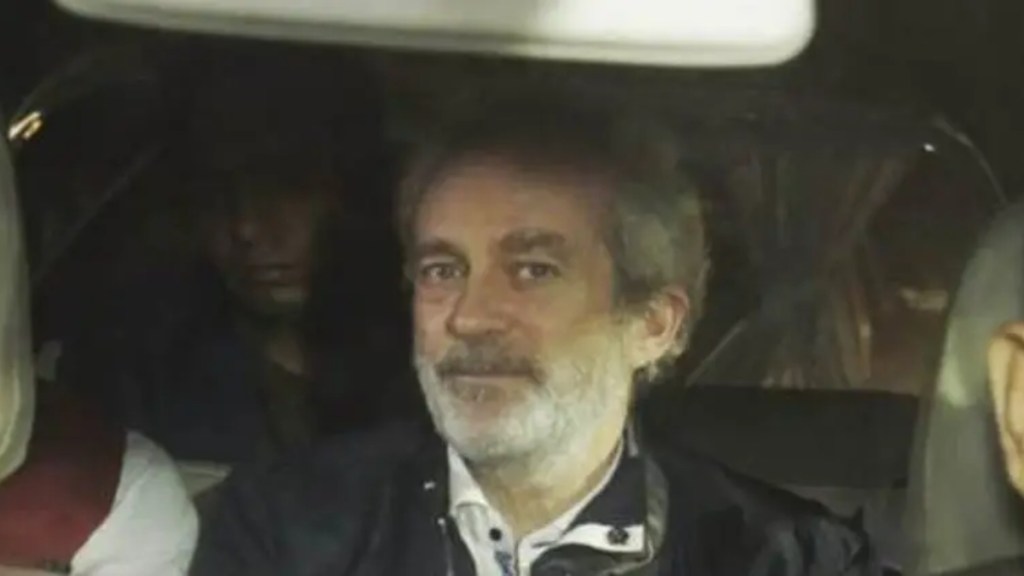The Delhi High Court recently declined to entertain a petition filed by Christian Michel, the accused middleman in the AgustaWestland VVIP chopper scam, challenging a provision of the India-UAE extradition treaty.
Michel’s plea aimed to declare Article 17 of the 1999 treaty as illegal, arguing that it permits India to try an extradited person for not only the offences for which the extradition was sought, but also for other “connected” offences that arise from the same transactions.
What was Christian Michel’s role in the case?
Michel was allegedly hired by AgustaWestland to influence Indian defence officials, politicians, and other stakeholders in order to secure a lucrative contract for the supply of 12 VVIP helicopters to the Indian Air Force in 2010.
According to investigation agencies, Michel worked alongside two other middlemen, Italian nationals Carlo Gerosa and Guido Haschke, to swing the contract in favour of AgustaWestland
He was extradited from Dubai to India in December 2018 based on the India-UAE treaty. The CBI alleges that Michel facilitated bribes as a middleman for AgustaWestland, aiding in illicit commission payments worth approximately €42 million, routed through contracts and bank accounts in the UK and UAE.
Michel has remained incarcerated in India since his extradition, facing charges under the Prevention of Corruption Act and supplementary IPC sections.
What’s the legal challenge now?
Michel’s petition contested Article 17 of the India-UAE extradition treaty, declaring that it violates Section 21 of the Extradition Act, which bars India from prosecuting an extradited person for offences beyond those explicitly mentioned at the time of extradition.
He argued that Indian agencies had improperly invoked supplementary charges under Section 467 IPC, punishable by life imprisonment, even though this was not part of the Dubai courts’ extradition order.
What else has Delhi HC said?
The Division Bench comprising Justices Vivek Chaudhary and Manoj Jain questioned the maintainability of Michel’s plea. They remarked that an international treaty, unless enacted by Parliament, does not qualify as a law that can be struck down as unconstitutional or ultra vires.
The Bench also noted that the petition lacked consequential relief and a proper legal foundation, as Michel was merely seeking a declaration without actionable consequences or specific remedies.
As a result, the court refused to issue a declaration and allowed Michel to withdraw the petition, granting liberty to file a fresh plea with exhaustive reliefs if desired.
After hearing the Bench’s observations, Michel’s counsel withdrew the petition and has left the matter open for a possible re-filing.

